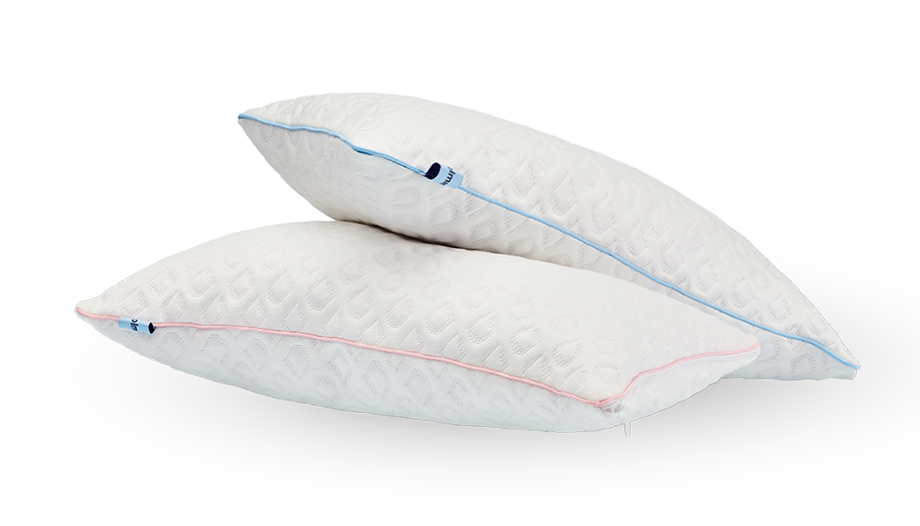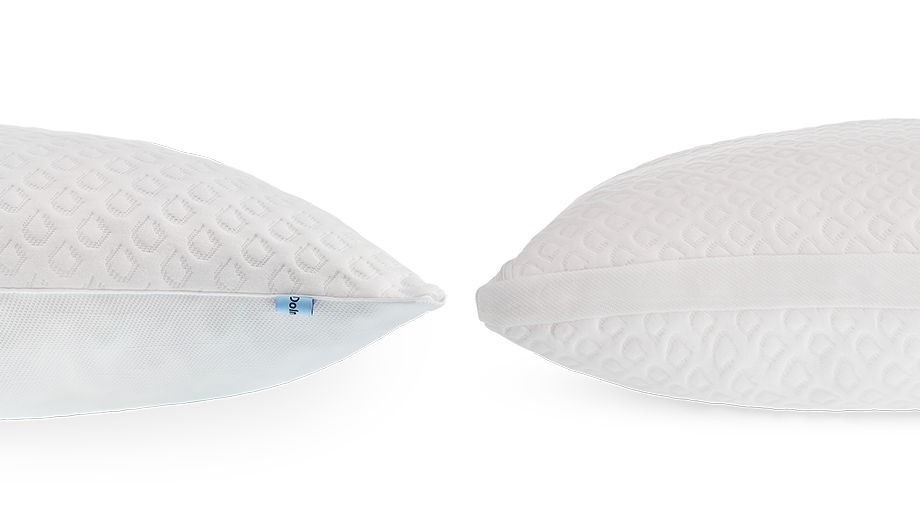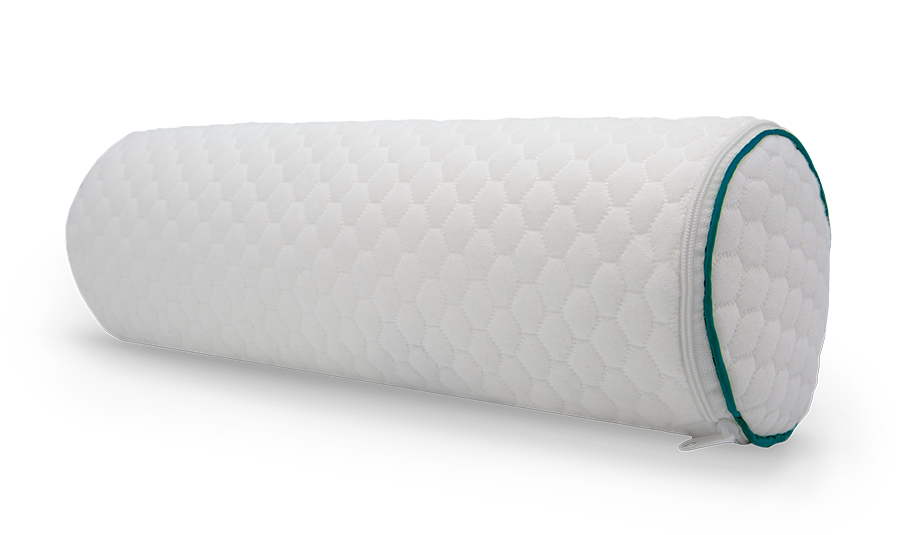Treatment For Attention Deficit Hyperactivity Disorder (ADHD) Without Medication
There are a number of different treatments for adhd that you can test without taking medication. You can try biofeedback therapy, exercise and cognitive behavioral therapy. It can be confusing but there’s little information available on the internet. This article will help you to understand more.
 Exercise
Exercise
Exercise is an excellent tool to manage ADHD symptoms. It increases levels of mood-enhancing chemical in the body like dopamine. Physical activity can also boost brain function, for example, memory, attention, learning, and even concentration.
While many people believe that exercise is only for obese people but it is actually beneficial to anyone. As long as the amount and frequency of exercise is sufficient it can be an effective addition to a treatment program.
In recent years, a variety of studies have examined the effects of exercise on ADHD. Researchers have found that aerobic exercise can boost cognitive functions and ADHD symptoms can be reduced in a single session. However outdoor activities can reduce symptoms more than indoor activity.
A study of ADHD children revealed that a brief run on the treadmill significantly improved their performance on a Go/No go task. Studies have shown that exercise increases brain volume. This results in better concentration and memory.
Another study found that martial arts improve academic performance as well as the completion of homework. There isn’t enough evidence to support the claim that exercise is effective or efficient in treating ADHD.
A variety of mental exercise can aid in increasing attention span. These include games with a specific focus that focus on specific cognitive functions.
The advantages of exercise on ADHD symptoms are mostly due to the release of a host of important chemicals, like serotonin and dopamine. The stimulant drugs can increase dopamine levels, which plays an important role in regulating behavior. Serotonin is also a powerful stimulant for focus, memory, and focus, which can be beneficial for those with ADHD.
Cognitive-behavioral therapy
Adults suffering from ADHD are able to benefit from cognitive behavior therapy (CBT). It targets key problem areas. This type of therapy focuses on challenging irrational and automatic thoughts and learning to change them.
Adults suffering from ADHD could also benefit from cognitive-behavioral therapy. It can improve their motivation, emotional wellbeing and decrease their symptoms. Cognitive-behavioral therapy is not based on childhood experiences, unlike traditional psychotherapies.
Studies have proven that CBT and medication can lead to superior results than either in isolation. Research shows that these two therapies are better than drug therapy on its own.
Research shows that exercise may reduce ADHD symptoms. A study from 2016 found that cardio exercise can improve social-emotional and cognitive skills.
Another study has found that neurofeedback training can strengthen focus and concentration. The method measures brain activity, which is used to assess the level of attention in an individual. Neurofeedback is a kind of therapy that relies on operant conditioning (a learning technique that aims to make people more aware of their emotions and actions) is a form of therapy that utilizes neurofeedback.
Cognitive-behavioral therapy can be a powerful tool for combating ADHD according to an investigation. Cognitive-behavioral therapy helps patients recognize their negative thoughts and modify their thinking patterns. The changes led to more adaptive behavior.
If you’re interested in knowing more about cognitive-behavioral therapies for ADHD you can search on the internet for more information. You can also seek advice from a medical professional or your insurance provider.
In the United States, the prevalence of adults with ADHD is approximately 5%. Adults suffering from ADHD have a variety of issues, ranging from substance abuse to comorbid conditions.
Biofeedback therapy
If you are looking to get treatment for attention deficit hyperactivity disorder (ADHD) without the use of medication, you may want to think about biofeedback therapy. Biofeedback, a noninvasive method that measures physiological functions such as breathing, skin temperature, and muscle tension, makes use of electrical sensors to monitor the body. The feedback assists the body to learn to regulate its activities through thoughts and feelings.
It can be used to improve the concentration as well as impulse control and other symptoms associated with ADHD according to research. It is also beneficial for those suffering from stress-related disorders like depression, anxiety and substance abuse issues.
A typical biofeedback session consists of an expert who instructs clients on how to slow their heart rate and other body functions. These techniques are often combined with relaxation training.
Electrodes are inserted into ears. They are small flattened earbuds, which capture electrical signals generated by muscles. The patient attempts to slow down the flashing of the electrodes as muscles tighten up.
The patient will then be able to view the results on a screen. The majority of sessions last several sessions. The duration of each session will depend on the individual’s progress.
Neurofeedback sessions are typically conducted by professionals who are psychologists and therapists. There are many home kits accessible for those who wish to practice on their own.
It is important to consult an expert before starting any kind of neurofeedback treatment. Neurofeedback isn’t always covered by health insurance and the costs can be very high.
It is crucial to find an experienced therapist working with ADHD treatment. Most therapists are trained in nursing or psychiatry. Some therapists offer treatment under medical supervision.
Although the results are generally favorable generally, the evidence is mixed. In the end, some researchers are skeptical about its effectiveness.
Omega-3 fatty acids
Fish oil supplements can be helpful to treat ADHD. This is due to the fact that omega-3 fatty acids possess numerous advantages for the body. They are also essential for brain function. Omega-3 supplements can help improve heart health, weight management, and general health.
Omega-3 fatty acids are thought to be a treatment for ADHD symptoms due to their ability to increase the brain’s synthesis of dopamine. It is essential to be aware of negative side effects that could result from taking them.
The research on fish oil supplements for ADHD has proven that they work in improving cognitive function, attention and memory. These results were published in Translational Psychiatry.
These results are encouraging for people with ADHD. However more research is needed to determine if these supplements work. It is also recommended to consult with a doctor before using them.
Researchers examined a 12-week open-label treatment that combines fish oils and traditional ADHD treatment. The study involved 92 ADHD children aged 6-18 years old. A control group received a placebo for the same time period.
The results indicated that the group receiving treatment was more likely than others to continue with the treatment. They also showed the greatest increase in blood levels of fatty acids.
Comparatively to the placebo group, the treatment group saw an increase in executive functioning and memory. The treatment also improved the child’s impulsivity and reading.
Despite not being recognized by the US FDA for use, studies have demonstrated that fish oil pills are relatively safe. These supplements can be purchased at your local pharmacy so in the event that you don’t have an allergy.
Minerals and vitamins
If you’re looking to treat ADHD without medications Try using vitamins and minerals. These supplements have been found to decrease symptoms, and some even have benefits that are not dependent on them. Before you take any supplement, make sure you consult a doctor. You will then be able to know that the supplement is safe to use.
One of the most extensively studied supplements for ADHD is magnesium. It can help to calm the nervous system and increase mental sharpness. Ginkgo biloba, a plant that increases memory and attention is also confirmed to be beneficial.
Vitamin C is among the most important vitamins for the brain. Vitamin C is essential for the production of neurotransmitters and memory storage. It’s also a powerful antioxidant that guards against the effects of oxidative stress.
Children with ADHD have proven that magnesium and vitamin B6 can enhance their mobility and aggression. Zinc is a vital mineral that aids in boosting the body’s dopamine levels as well as mood levels. Zinc is also a beneficial mineral to help support immune health and healing of wounds.
Another promising supplement is Omega-3 Fatty Acids. Research has shown Omega-3 EFAs can aid in boosting mood as well as combat inflammation.
Iron is a key nutrient that supports the dopamine levels in the brain as well as mood levels. Research has shown that adhd adult treatment (https://perthinside.datacredit.Kr) symptoms can be made worse by low iron levels. Certain people suffering from ADHD may find it beneficial to supplement with iron.
Other supplements that have been studied for their effects on ADHD are magnesium, zinc, Adhd Adult Treatment and Omega-3 Fatty Acids. All of these supplements could interact with other medications and other supplements, so you should consult with your doctor prior to beginning the next treatment for adhd adults.


